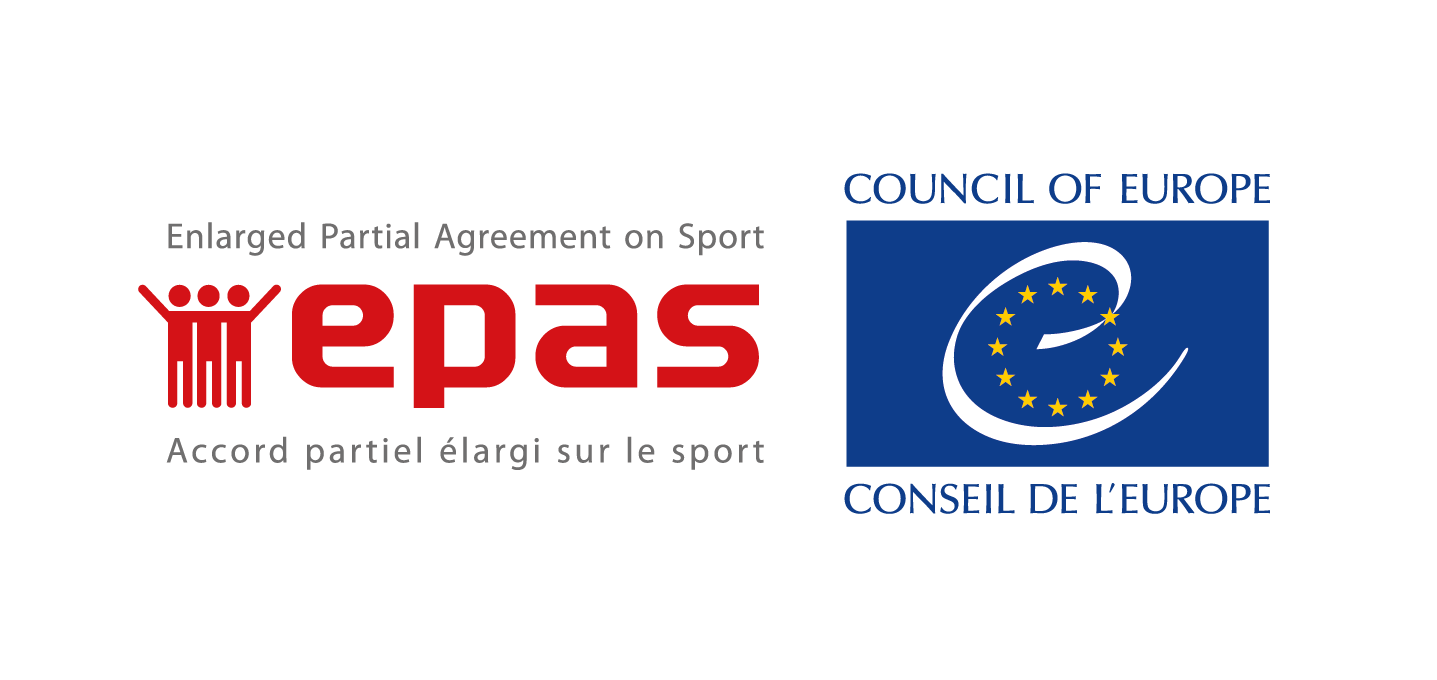Intervenants
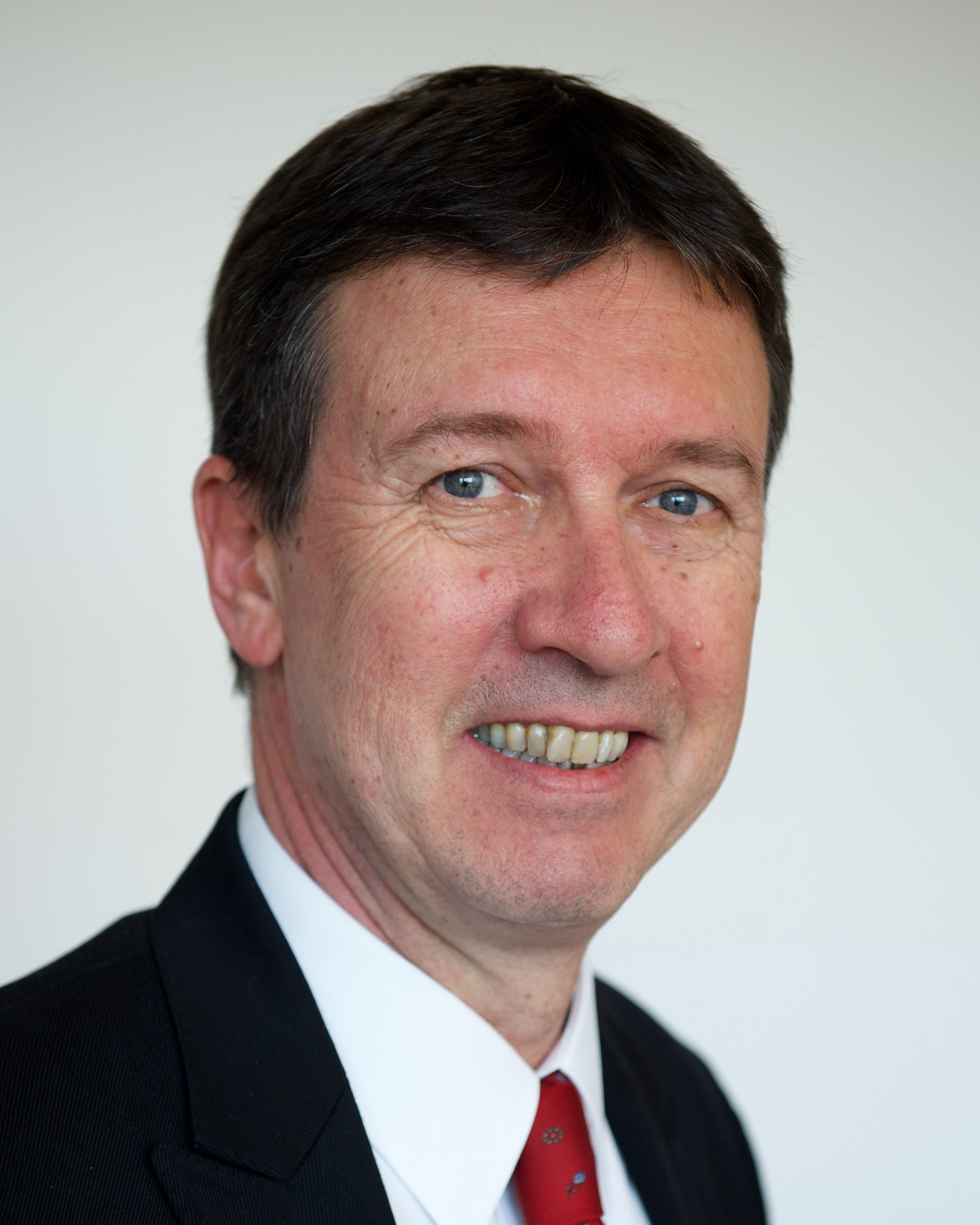
Jeroen Schokkenbroek
Director of Anti-discrimination, Council of Europe
Mr Schokkenbroek studied law at the University of Leiden (The Netherlands) where he lectured in Constitutional and Administrative Law until 1993.
Since 1993, he has held various functions in the Council of Europe Secretariat, mostly in the field of Human Rights, including Head of the Human Rights Development Department.
In November 2010, he was appointed Special Representative of the Secretary General for Roma Issues. After serving as Special Adviser of the Secretary General for Ukraine in the first half of 2014, he became Executive Secretary of the Committee for the Prevention of Torture and Inhuman or Degrading Treatment or Punishment (CPT).
Since June 2018, Mr Schokkenbroek is Director of Anti-Discrimination in the Directorate General of Democracy of the Council of Europe.
He has published various books and articles in the field of human rights and constitutional law.
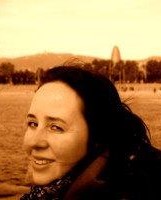
Madeleine Delaperrière
Chair of the EPAS Governing Board
Madame Madeleine Delaperrière est actuellement la Présidente de l’Accord Partiel Elargi sur le Sport.
Cheffe du bureau des relations internationales et affaires européennes au ministère des sports français depuis deux ans, elle assure le pilotage de la politique ministérielle en matière de relations internationales.
Entrée au ministère des sports depuis 2013, elle a auparavant exercé 10 ans durant des fonctions au niveau local en matière d’expertise de programmes européens et de financements internationaux et de développement territorial.
Katia Mascagni
Head of Public Affairs, IOC
Katia Mascagni is the Head of the IOC Public Affairs unit.
She coordinates advocacy efforts and public policy influencing initiatives, and manages institutional and political relations with key international organizations, in particular with the United Nations system, EU and other major political platforms.
She is the IOC human rights lead, managing the IOC overall human rights approach and the development of its human rights strategy in particular.
She has over 25 years of experience in sport for development work, both at grass root implementation and policy level, working on the establishment and development of new strategic partnerships and IOC programmes and policy interventions on human rights, gender equality, humanitarian affairs, HIV&AIDs prevention, health promotion, and social development at large.
She also manages the activities of the Permanent Observer Office of the IOC to the UN and the IOC related public engagement and advocacy work.
Katia Mascagni holds a MA in International Relations and Strategic Studies from the Lancaster University, UK, and a BA in Political Sciences of Lausanne University, Switzerland.
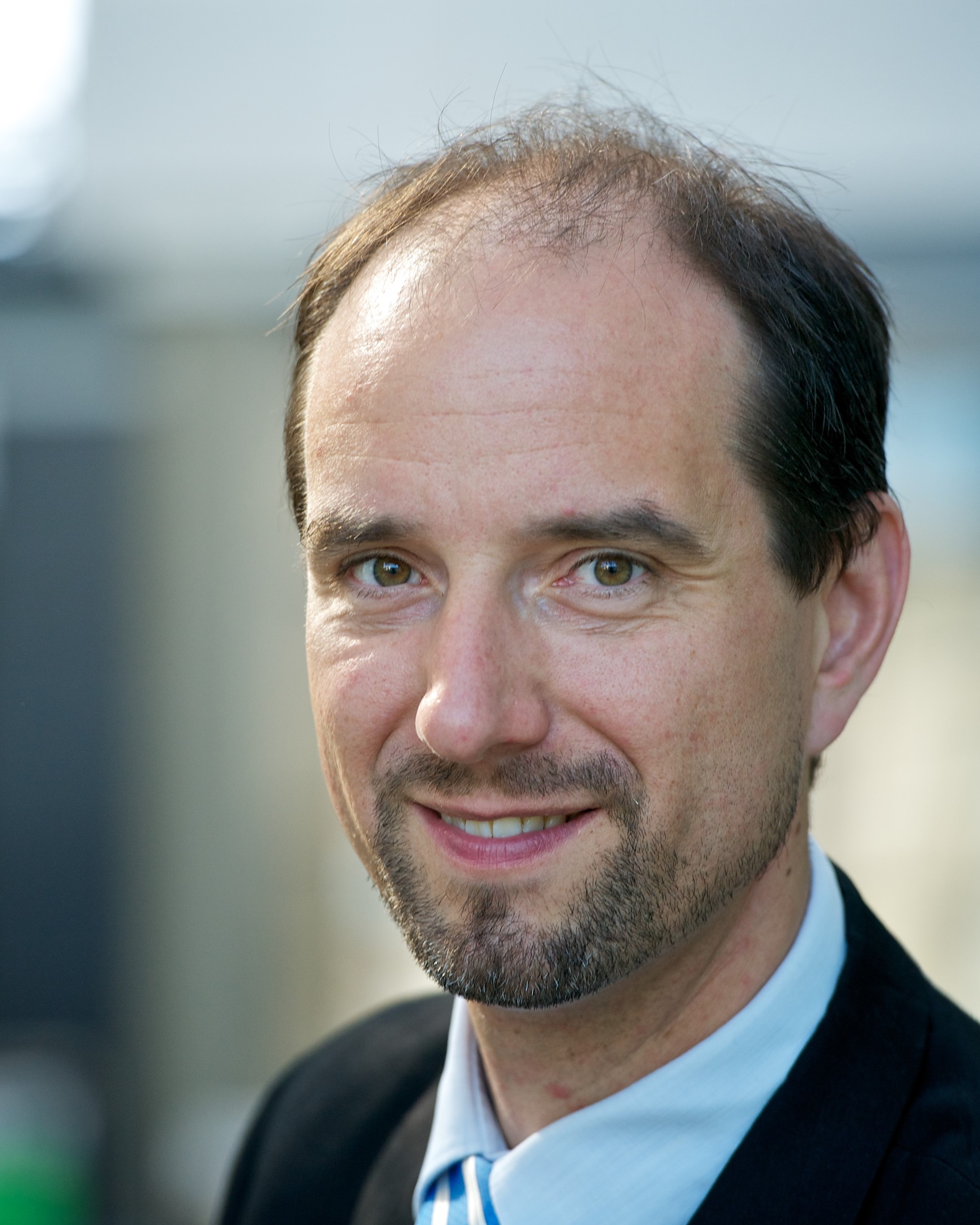
Stanislas Frossard
Executive Secretary of EPAS, Council of Europe
Since 2008 Mr Frossard has been the Executive Secretary of the « Enlarged Partial Agreement on Sport » (EPAS), which is an intergovernmental platform of co-operation of the Council of Europe on Sports policies. He has led EPAS and has been its Executive Secretary since its creation. EPAS counts 37 member states and 29 partner sports organisations. It organises ministerial meetings of the Council of Europe every second year. EPAS coordinated the negotiation of five recommendations of the Committee of Ministers to member States of the Council of Europe, and the preparation of an International Convention on the manipulation of sports competitions. Mr Frossard started his career in the Council of Europe in 2003 as an Administrator in charge of the monitoring of the Sports Conventions Unit (Anti-doping and Spectator Violence Conventions), as well as the cooperation with the World Anti-doping Agency, UNESCO and Sports Federations in this area.
Before joining the Council of Europe Secretariat, M. Frossard had various positions as an NGO leader, trainer and consultant in the areas of youth, refugees and environment. He managed a national referendum campaign to defend asylum rights for the Swiss Refugee Council in 2002, and he has been Chief Executive of national Youth NGOs.
Holder of a degree in economic and social sciences from the University of Geneva, with specialisation in international issues at the Graduate Institute of International Studies (Geneva), he also holds a Master's degree in Public Administration from the Swiss Graduate School of Public Administration (Lausanne).
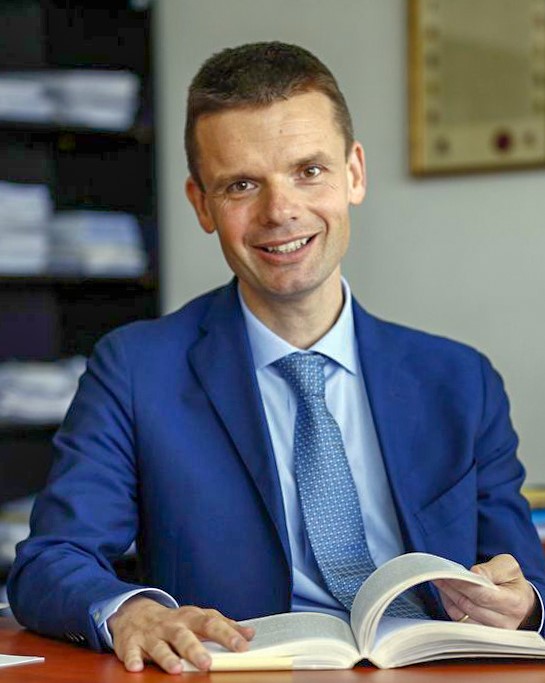
Marko Bosnjak
Judge of the European Court of Human Rights
- Graduated in Law, University of Ljubljana, Faculty of Law, 1996
- Research assistant (1996-2002), research fellow (2002-2006), senior research fellow (2006-2008), at the Institute of Criminology, University of Ljubljana, Faculty of Law
- Judicial traineeship at the Court of Appeal in Ljubljana, 1998-2000
- Masters’ degree, University of Ljubljana, Faculty of Law, 1999
- State Judicial Exam, 2001
- Ph.D. in Law, University of Ljubljana, Faculty of Law, 2002
- Independent advisor (2002-2006), superior advisor (2006-2008) Constitutional Court of Slovenia
- Assistant Professor for criminal law and criminology, University of Ljubljana, Faculty of Law, 2005-2015
- Lecturer, Faculty of Social Sciences, University of Ljubljana, 2006-2012
- Expert Member of the Council for Criminal Law, Ministry of Justice of Slovenia, 2008-2011
- Attorney specialised in criminal law, 2009-2016
- Associate Professor of criminal law, Head of the Criminal Law Department, European Law Faculty in Nova Gorica, Slovenia, since 2012
- Judge of the European Court of Human Rights since 30 May 2016
- Vice-President of Section since 15 May 2019.
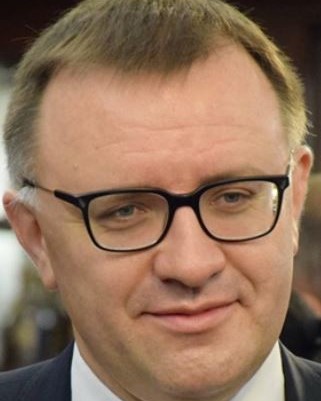
Pavlo Pushkar
Head of the Department for the Execution of Judgments of the ECHR
Pavlo Pushkar is a head of division at the Department for the Execution of Judgments of the European Court of Human Rights of the Directorate General of Human Rights and the Rule of Law of the Council of Europe. The Department’s mandate covers advice to the Committee of Ministers of the Council of Europe on its tasks of supervision over measures to be taken under the judgments of the European Court as well as advice to member states on measures that they intend to take or have taken to comply with the Strasbourg Court’s judgments.
He worked at the Registry of the European Court of Human Rights from 2002 to 2016 as a senior lawyer and a non-judicial rapporteur.
Before joining the Council of Europe, he worked as an advocate in the areas of international litigation and arbitration and as a public servant at the Supreme Court of Ukraine. Mr Pushkar has a PhD in criminal justice. He is a graduate of Kyiv Taras Shevchenko University Law Faculty (BA and MA in Laws, with honours); the Nottingham University School of Law (LLM in International Law); Queens Mary College University of London (International Arbitration). He is currently pursuing his research in the area of international law compliance with the Max Planck Institute of European Procedural Law in Luxembourg. His academic research interests also concern waiver of fair hearing rights under Article 6 of the Convention and alternative dispute resolution, including international arbitration and arbitration in sports.
Anders Solheim
Chair of the ad hoc Group of the T-DO on human rights (T-DO HR)
Anders Solheim has been the CEO of Anti-Doping Norway (ADNO) since its establishment in 2003. As CEO, Mr Solheim works closely with the organisation’s board, the Norwegian Government and the Norwegian Sports Movement.
In ADNO, Mr Solheim has been the driving-force in developing a solid national anti-doping program focusing on maximizing all aspects of the anti-doping program, also collaborating with key stakeholders such as National Federations, Norwegian Customs, the Police Directorate, The Norwegian Player’s Association or even the Norwegian Drug Database.
ADNO’s activities also address anti-doping in society at large. This work includes a close collaboration with counties and municipalities throughout the country and education and prevention tools adapted to each target group. Today, 50% of the country’s fitness centres are certified as “Clean Fitness Centre”.
Mr Solheim has played an active role internationally on improving the global fight against doping through comprehensive bilateral collaboration with other national anti-doping organisations. Solheim was also one of the founding members of the Institute of National Anti-Doping Organisation (iNADO) with one of its objectives to strengthen national anti-doping activities around the world. Mr. Solheim was a member of WADA’s Education Committee for several years. He was also appointed by the World Anti-Doping Agency as chair for the Independent Observer Program monitoring the doping control processes during the Commonwealth Games in 2010 and the Paralympic Games in London in 2012.
Further, he was Chair of the Council of Europe’s Monitoring Group on Anti-Doping from 2014 to 2018. During that period, the monitoring group focused its efforts and promoted amongst others human rights for athletes, rule of law in sport, fair trial in doping cases and the importance of separation of powers in the anti-doping field.
Under Solheim’s leadership, Anti-Doping Norway has been a pioneer in the international fight against doping. In 2004 Anti-Doping Norway initiated a systematic blood profile approach, and in 2008 an e-learning program for athletes named Real Winner was launched. The program is currently implemented by more than 20 organisations in more than 15 different languages. More than 35.000 users have gone through the program.
Originally, Solheim is from Halden in Østfold County. He has a Master’s degree from the Norwegian School of Sports Sciences, and has studied Public Law at the University of Oslo. Solheim has also worked for the Norwegian Olympic and Paralympic Committee and Confederation of Sports and the Norwegian Ministry of Culture.
As an athlete, Mr Solheim played semi-professional football in Norway for almost a decade (e.g. Vålerenga and Sandefjord). Before ending the football career, he was coaching in Division 2 and 3 for two years. He was one of the founders of the Norwegian Players Union (NISO).
Solheim is married to Ingunn and has two daughters born in 1999 and 2008.
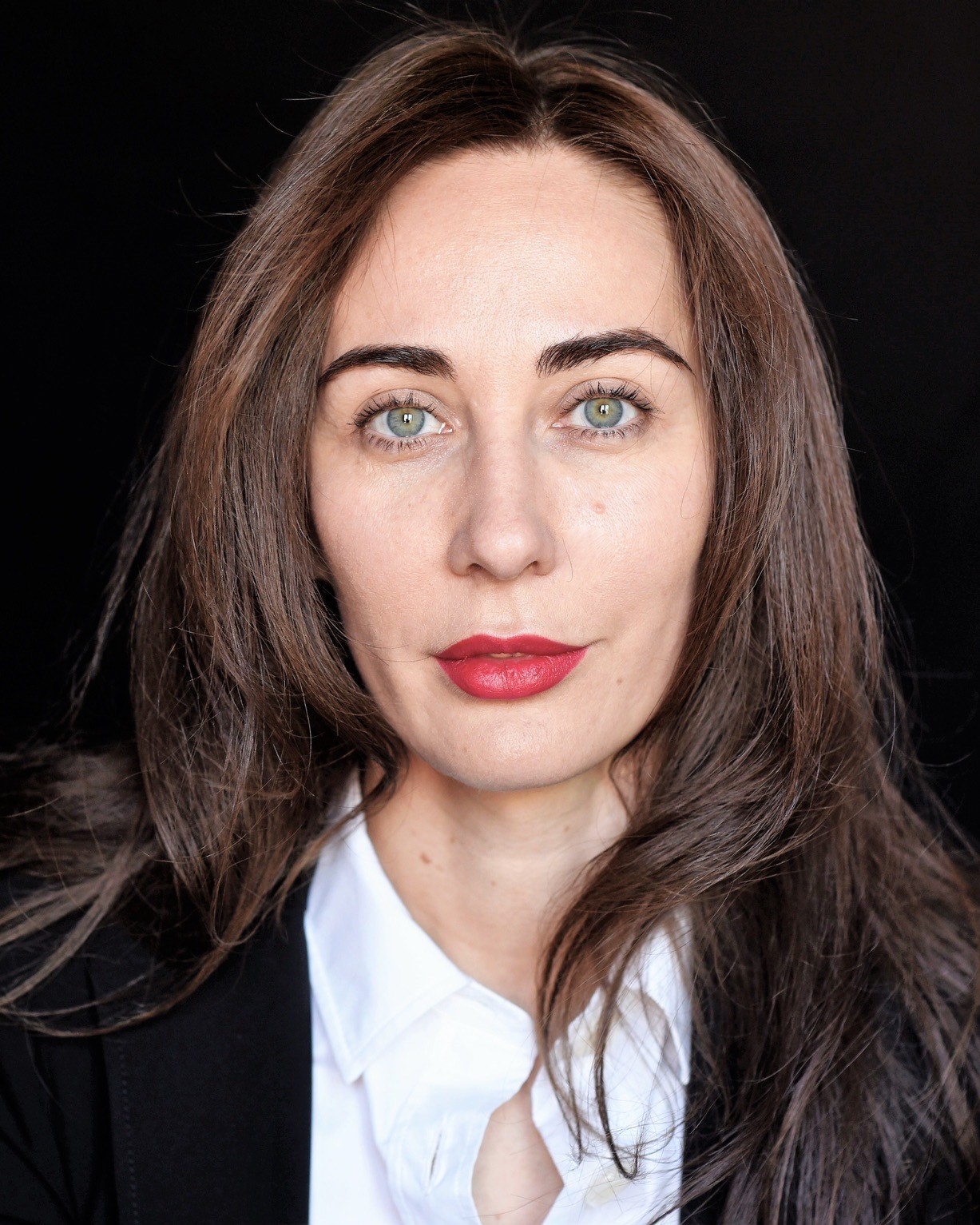
Margarita Pakhnotskaya
Deputy Director, RUSADA
Deputy Director General of RUSADA, PhD in Pedagogics, Associate Professor. She has worked many years in the public sector in the fields of human resources, project and organisational management, international cooperation and scientific collaboration. She led the headquarters for the Russia Summit EU – 2007 preparation and organized the international project INTERVOLGA. Ms Pakhnotskaya is the author of more than 30 scientific works and a book for children “The Dream To Win”. Jointly with MGIMO School of Business and International Proficiency Ms Pakhnotskaya developed a professional Post Graduation Program “Ethics in sport: key aspects of antidoping activities”. Finally, she was appointed as the Chair of the Ad Hoc Group on Protection of Whistleblowers in anti-doping (T-DO WbP) of the Monitoring Group of the Antidoping Convention of the Council of Europe.
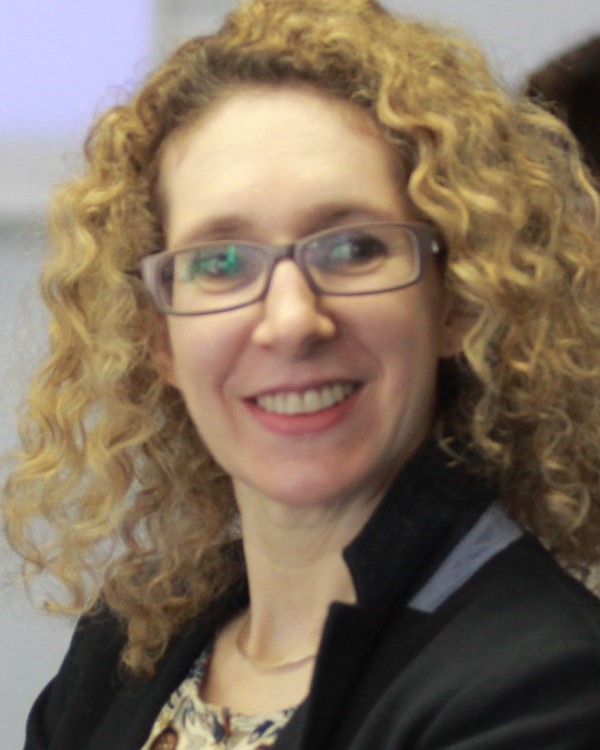
Eva Pastrana
Head of the HELP Unit, Council of Europe
Eva Pastrana is the Head of the HELP Unit (Human Rights Education for Legal Professionals) of the Council of Europe since 2015. HELP is the CoE’s educational platform on human rights for judges, prosecutors and lawyers.
She is a Spanish lawyer with 2 Masters’ degrees, on human rights and development cooperation, with almost 25 years of professional experience, working for international organisations (EU, UN), and bilateral development agencies (Spanish Cooperation Agency AECID) as well as NGOs in different geographical areas: Georgia, Maghreb/Middle East, Philippines and Nicaragua.
Previously, she worked for the EU as the Human Rights Attaché to the EU Delegation in Georgia (2009-2015) and the Security Reform/Justice Attaché to the EU Delegation to the Philippines (2004-2009). In 2013 she became the main policy/political advisor for the EU Representative on Constitutional, Legal Issues and Human Rights to Georgia, former CoE Commissioner for Human Rights Thomas Hammarberg.
Before, Eva worked 5 years in Nicaragua, including for the Spanish Agency for Development Cooperation and the High Council of Judiciary, and 1 year in West Bank/Gaza. She has also substantive work experience with Spanish NGOs working in Maghreb and Middle East countries.
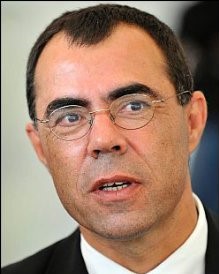
Pierre Cornu
Judge, Cantonal Court of Neuchâtel, Switzerland
Born in 1960 and master of law in 1983 (University of Neuchâtel / Switzerland), Pierre Cornu passed the bar exam two years later, after a time of practice in a law office. He then worked as an attorney, became investigating judge in 1987 and was elected as the general prosecutor of the canton of Neuchâtel in 1997. During his time as a prosecutor, he presided over the Swiss Association of Prosecutors and the Swiss expert group on criminal statistics, and also worked as an expert in Council of Europe projects, in particular about judges’ and prosecutors’ ethics and deontology. In 2011, Pierre joined UEFA as chief counsel, integrity and regulatory affairs. Within this frame, he managed UEFA’s disciplinary bodies and set up a network of integrity officers from the national associations and programs for fighting the manipulation of competitions. In August 2012, he returned to Neuchâtel to join the CIES team. At CIES, he was in charge of legal matters (consulting and research). Since 2015, he is a judge – in civil and criminal chambers – at the Court of Appeals, in Neuchâtel.
Pierre has chaired the Swiss Football Association’s (SFA) disciplinary and control committee from 1993 to 2009, and then the same association’s appeals body from 2009 to 2011. Since 1988, he chairs the appeals body of the Neuchâtel region’s football association (ANF). He is an honorary member of the SFA, its Amateur League and the ANF. He also chaired the International Boxing Association’s (AIBA) disciplinary committee from 2008 to 2011 and was a member of this committee again from 2013 to 2018. He also chaired the International Weightlifting Federation’s (IWF) Anti-Doping committee from 2014 to 2017.
Pierre is married and the proud father of two daughters. He lives in Neuchâtel.
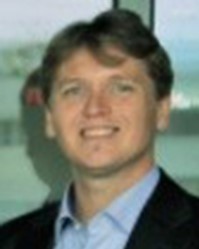
Matthew Graham
Legal & Player Relations, World Players Association
Matthew Graham is a Switzerland based, Australian labour lawyer, currently responsible for legal & player affairs at the World Players Association. Holding a Master’s of International Labour Law he focuses on industrial relations and regulatory issues relevant to the collective representation of professional athletes. He represents athletes’ interests in a variety of international fora such as the Council of Europe, European Commission and the International Labour Organization.
Prior to commencing his current role he was engaged as a consultant at the Centre for Sports Law Research (Edge Hill University UK), and the University of Amsterdam. He has also spent a number of years in private practice focussing on labour law and dispute resolution, including arbitrations in the English Premier League.
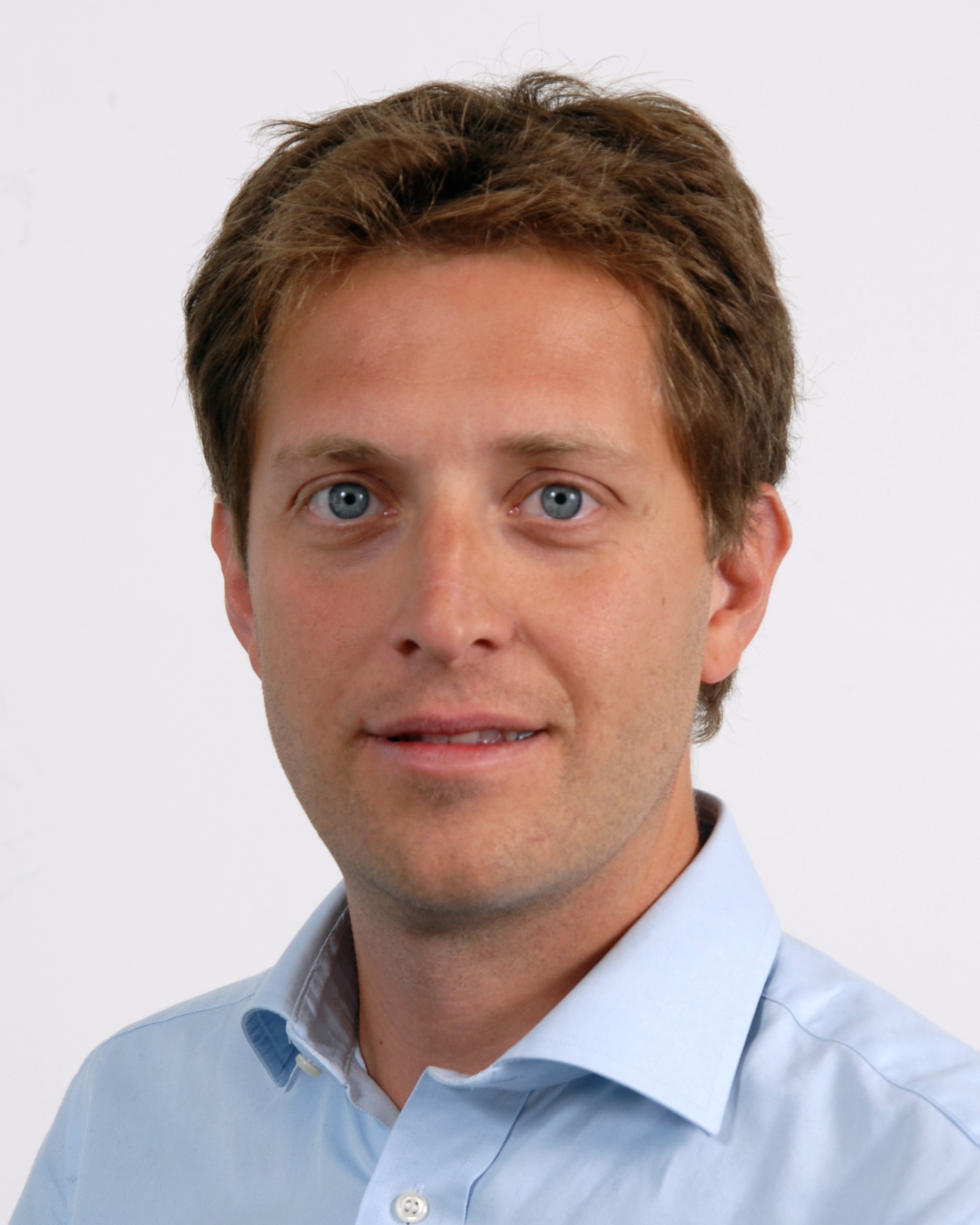
Guido Battaglia
Head of Policy and Outreach, Centre for Sport and Human Rights
Guido has ten years experience in engaging multiple stakeholders in international programmes promoting responsible business practices and addressing human rights and sustainability challenges within different industries. He has conducted research and managed projects working with companies, governments, international organisations and NGOs in the extractives, infrastructure, commodities trading and sport sectors. As Head of Outreach and Policy, Guido represents the Centre for Sport and Human Rights in engaging with sports and human rights policy agendas, including in the context of Sport for Development and Peace. He coordinates outreach to multiple stakeholders, conducts research, and maintains Centre relationships with a range of intergovernmental and governmental actors.
Guido was formerly Director at the World Gold Council, where he managed the programme on responsible mining and socio-economic development. Prior to that he held manager positions at the World Economic Forum (WEF) - engaging business and government leaders, faculty experts, international organisations and civil society in two initiatives addressing responsible mineral resources management and infrastructure development in the African continent. At WEF he designed and facilitated high-level roundtables at the Annual Meeting in Davos and at other events worldwide. Guido also worked for the Law Firm DLA Piper and for the Italian Mission to the World Trade Organisation in Geneva.
An Italian and Swiss citizen, Guido was a visiting student at the University of Tuebingen and holds a Bachelor and Master in International Law from the University of Milan.
